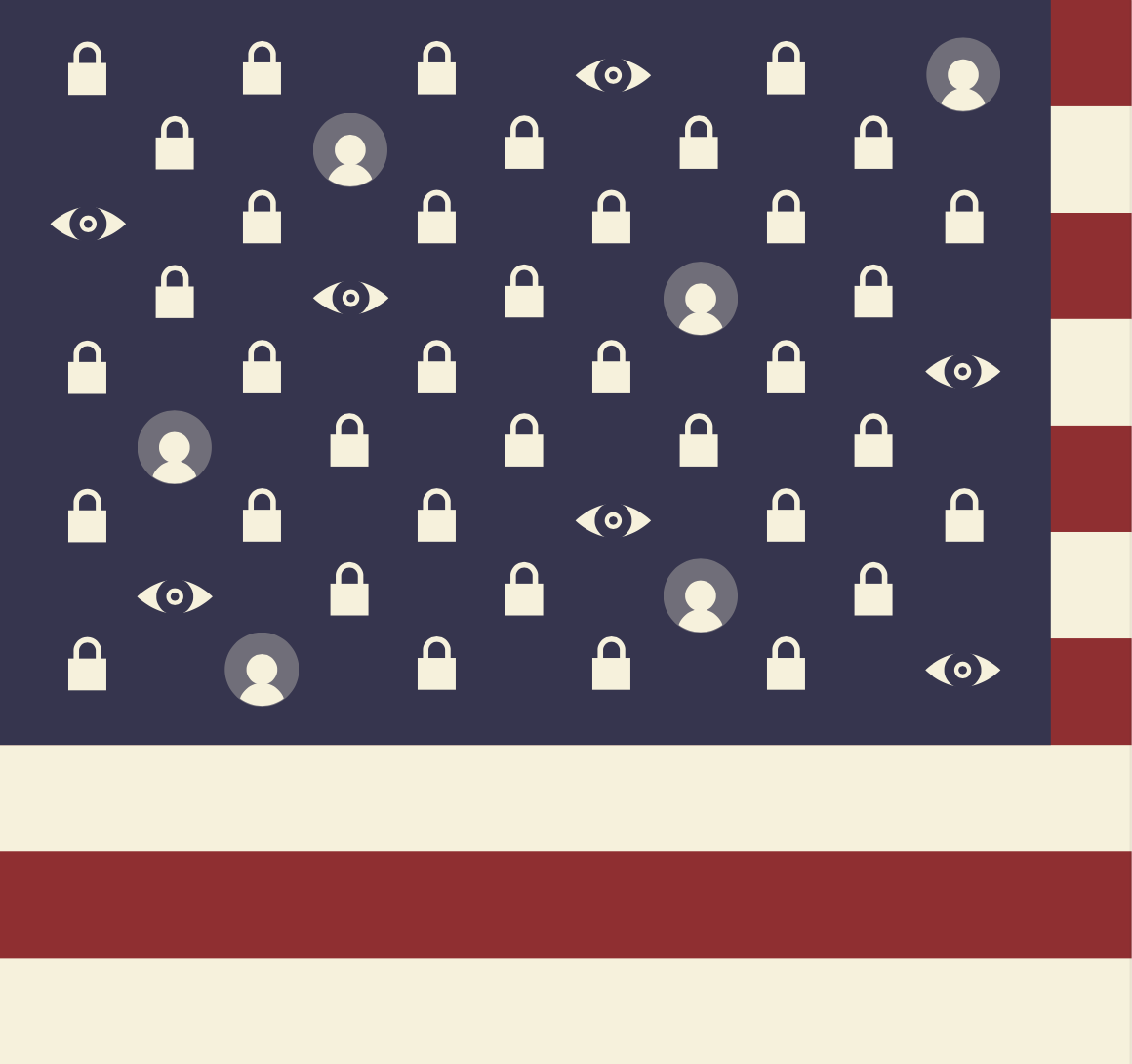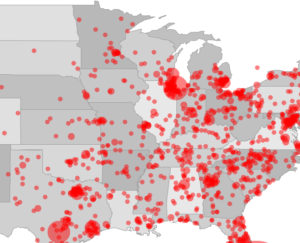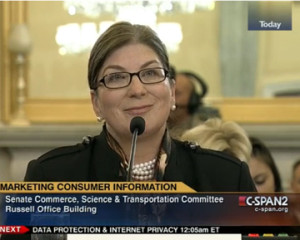Many Failures: WPF report on history of privacy self-regulation
Self-regulation — The World Privacy Forum has published a report on past self-regulatory efforts in the area of privacy, Many Failures: A brief history of privacy self-regulation. “Privacy self-regulation has been a Potemkin Village of consumer protection,” says executive director Pam Dixon. “History shows a pattern of past self-regulatory efforts that have been erected quickly and have faded after regulatory threats fade.” The report is authored by Robert Gellman and Pam Dixon. It includes details about programs such as the IRSG, the Privacy Leadership Initiative, the Privacy Alliance, and other programs. A key finding of this report is that the majority of the industry self-regulatory programs that were initiated failed in one or more substantive ways, and many disappeared entirely.





